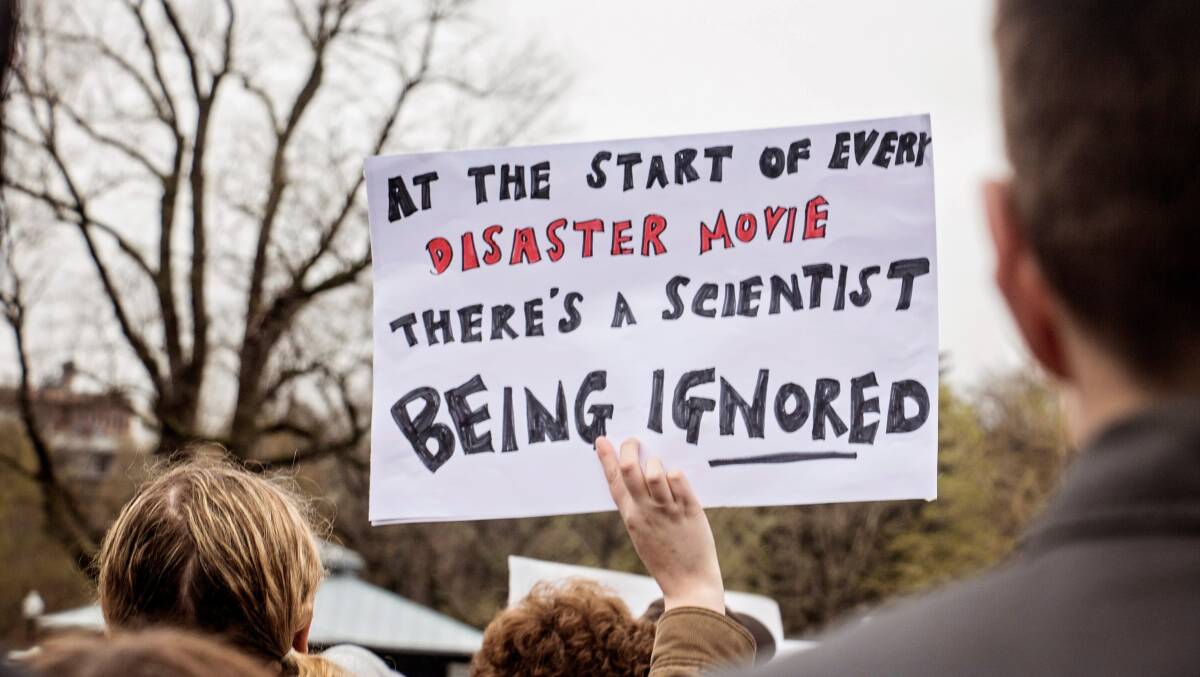
The world is grappling with the worst pandemic in 100 years, so it's easy to forget our friends in the animal kingdom.
Subscribe now for unlimited access.
or signup to continue reading
Yet it's our contact with them that's creating the majority of new human diseases.
This month marks 20 years since the height of the United Kingdom's foot-and-mouth disease outbreak, which triggered the killing of six million cows and sheep to control it.
I vividly remember sending a number of my staff over at the time to help; and it put us on high alert here in Australia.
Right now, we have the highly fatal African swine fever on our doorstep in Papua New Guinea, devastating traditional pig farming in the country's highlands.
And, while it is unclear when or where the next disease will strike, it is certain that disease outbreaks and appearance of new diseases are becoming more likely due to the impacts of climate change.
A contributing factor to diseases, like COVID-19 and hendra, which first hit in 1994 and many times since, comes from wildlife falling under increasing duress from habitat destruction and a changing environment. It's like a not-so lucky dip.
Globally, 60 to 70 per cent of newly emerged human diseases in recent decades have originated from animals.
Often this is a result of these ecosystem disruptions bringing changes in the contact between humans and animal reservoirs of viruses.
Climate change is also changing the distribution of disease vectors, particularly via insects.
Outside of diseases, let's not forget that last year's bushfires, fuelled by climate change, killed or displaced around three billion animals right here in Australia.
Yes, the impacts of climate change are hurting us now. And, yes, we risk these impacts hurting us more in the future.
But, fortunately, we can turn our luck around. When I was Chief Veterinary Officer of Queensland, federal and state governments listened to advice regarding how to best respond to diseases.
In the past year, governments have also listened to the experts to manage COVID-19.
Now, it's time for governments to listen to the science and advice from experts and urgently reach net zero carbon emissions.
Australia has been out of step with global efforts for some time, and will diverge further unless we take more urgent and decisive action.
As a nation, and for the sake of the future of our children and our animals, we must reach net-zero carbon emissions as soon as possible.
Ron Glanville has been a vet for 43 years. He served as Chief Veterinary Officer for Queensland from 2007-10 and now resides in Woodend, Victoria.














